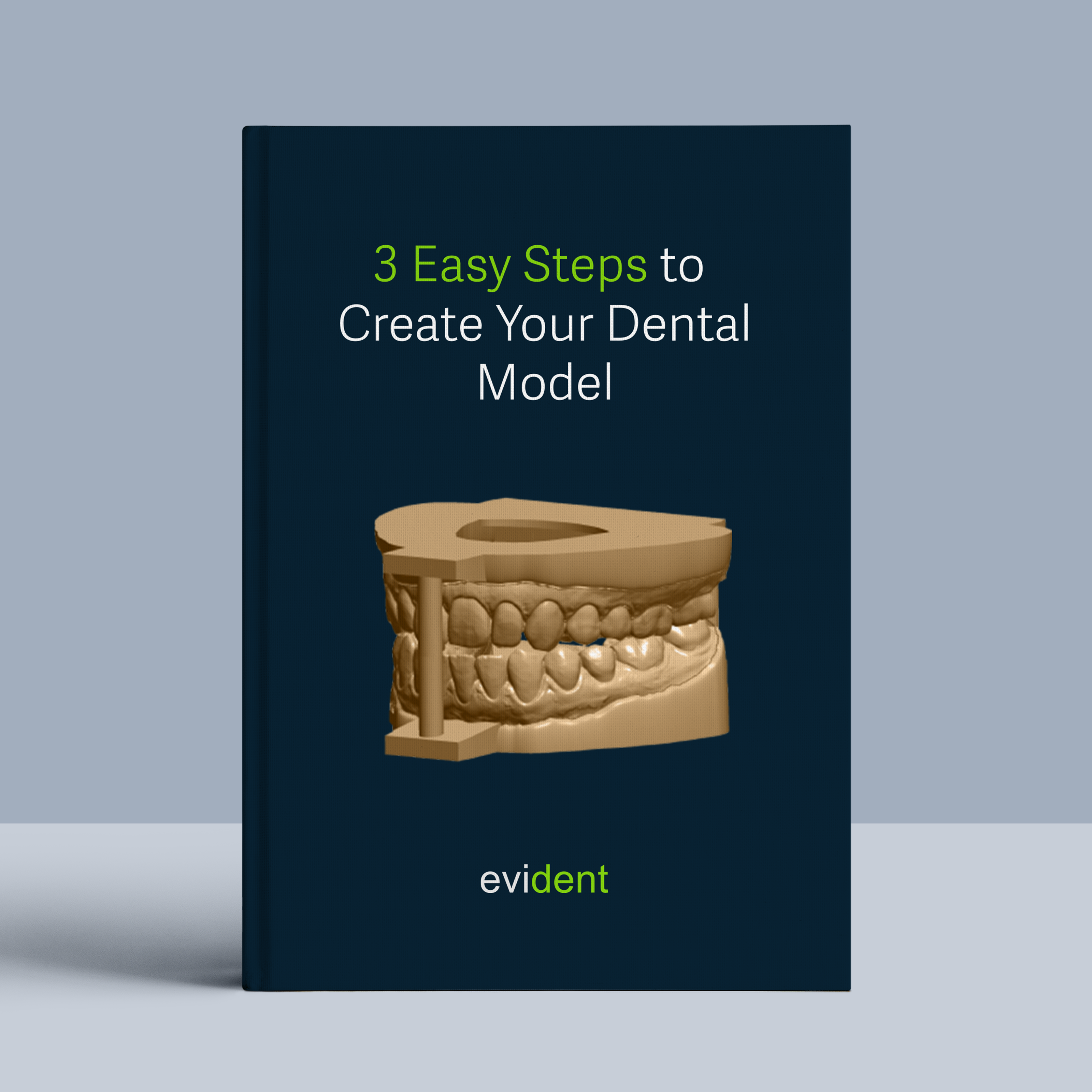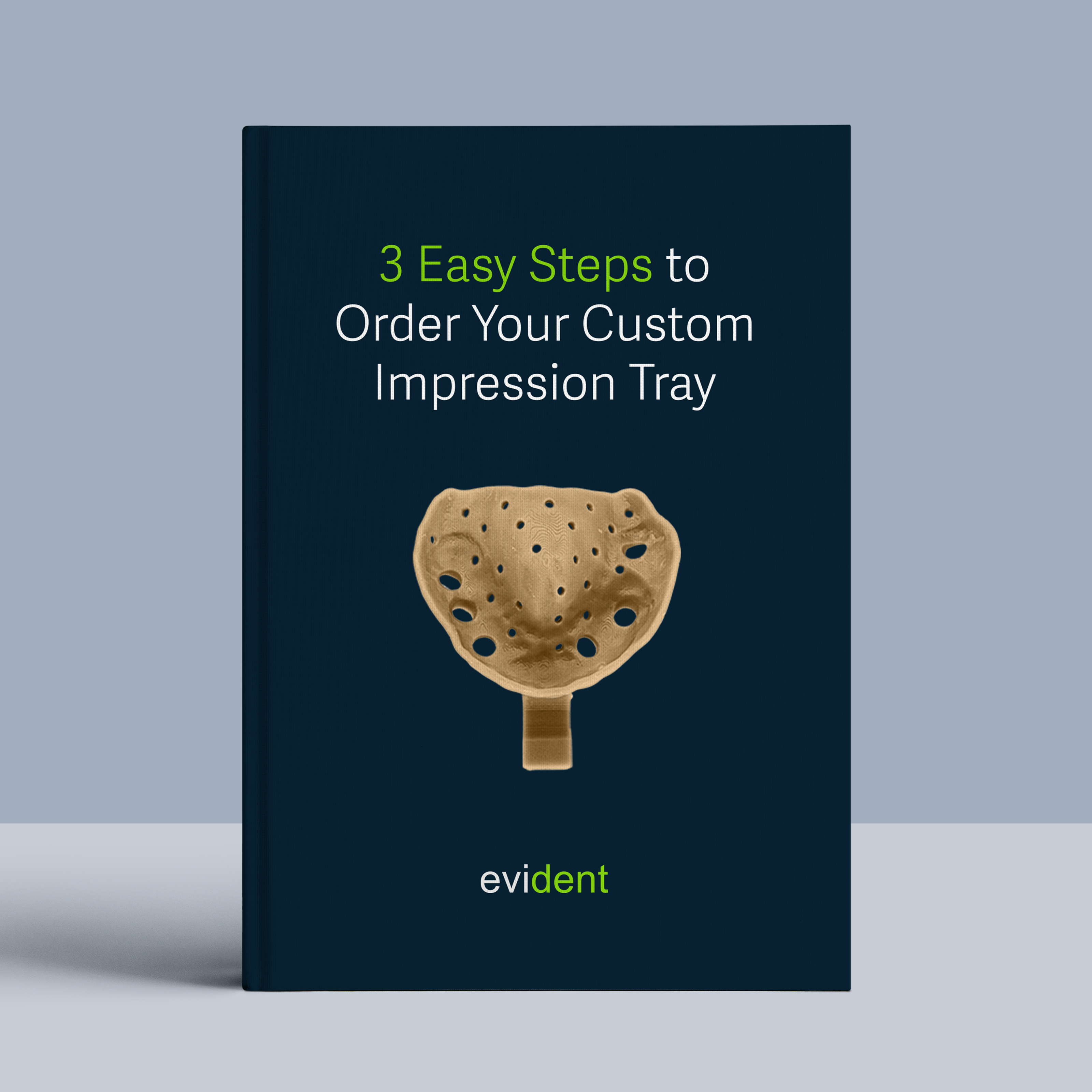
Study clubs are a great way to build connections with dentists.
Scott Emett, the owner of Digital Concepts Dental Lab in Utah, uses study clubs to grow his clientele. Scott has an outstanding 45+ years in the dental industry, and he has uncovered the potency of study clubs when it comes to building business relationships. They are an effective way of establishing the lab’s authority, increasing trust, and growing a professional network.
These benefits have a direct effect on a lab’s sales and client retention.
Now, there are loads of labs conducting free webinars, creating educational blogs, and providing all sorts of valuable resources.
A study club provides value, but its open, two-way nature makes for a more engaging experience for dentists. In addition, study clubs can also nurture a more personal connection between their members.
This guide will discuss the fundamental steps involved in starting and growing a study club.
Join Study Clubs
Before creating a study club, a lab must first know what it’s like to be in a study club.
A painter can’t paint a waterfall if he hasn’t seen one. Same thing with organizing study clubs.
So, we suggest that labs aspiring to form study clubs attend various study clubs that are accessible to them.
Observe things such as how people learn about the study club, how people are invited to the study club, how the speaker talks, and the flow of the discussion, among other things.
Joining study clubs will also sharpen a lab’s knowledge, adding to their already-extensive archive of information. This will allow labs to conduct meaningful study club sessions of their own.
Finally, joining study clubs allows labs to network to other dentists. By building those close connections, labs can invite knowledge-seeking dentists into their study club once it’s organized and set up.
Organizing a Study Club
Once a lab is confident in their knowledge, they can proceed to organizing their own study club.
There are various ways to set up a study club.
There are study clubs that are free and serve as a lead magnet for labs, there are also study clubs that don’t sell anything but require a membership fee, serving as additional revenue for the lab.
Whatever the purpose and set-up, a study club should have these five things listed below:
Have a Topic
First, decide what you want to talk about.
There are tons of things that labs can teach dentists, considering the massive difference in practices.
It’s a good idea to have a general, overarching topic that can be split into small subtopics that can be spread out through multiple sessions.
Take, for example, a series on finishing.
A lab study club can then discuss finishing on various materials, shade matching, characterization, different finishing methods, and much more.
Study clubs may also discuss how to approach different complex cases.
For example, an entire study club session can be dedicated to capturing implant positions on edentulous patients using photogrammetry.
Outline the Topic
Each topic for a set day should also be outlined.
A topic outline is an organized list of discussion points that will be covered in the study club session.
An example of a topic outline would be:
- Capturing Implant Positions on Edentulous Patients using Photogrammetry
- Introduction
- Importance of an Accurate Impression
- What is Photogrammetry?
- Applications of Photogrammetry in Fixed Restoration Procedures
- How does it compare to IOS scans?
- Method
- Place the implants freehand
- Place the scan bodies
- Use the camera unit
- Suture up the gum
- Scan the sutured tissue with an IOS scanner
- Using the software
- Stacking the photogrammetry data with the IOS scan data
- Designing a well-fitting restoration
- Introduction
Having an outline ensures that the study session has a clear direction and is able to cover critical points within a limited time.
It’s also crucial to discuss cases with dentists where the topic could be really useful.
Have a Presenter
Once the topics have been laid out, labs must assign the best presenters to speak on each one.
Presenters could be in-house ceramists, lab techs, or anyone qualified to discuss the topic.
Labs can even reach out outside the company to get qualified speakers. For example, a lab tech may know a person qualified to speak on fixed-implant surgery.
Labs must also do some background research on the proposed presenter. This determines if a presenter is really qualified to speak about something.
Also, thank the presenter for their time. It helps to give them a certificate and a token for their time.
Have a Time and Venue
Labs should establish time and venues for each of their study club sessions.
This is essential so that dentists can plan their calendar around the sessions.
It’s also critical that changes to time and venue should be announced prior to the scheduled time. Not at the last minute.
Inform Everyone through the Appropriate Mediums
Once a topic, speaker, and time/venue have been established, labs should disseminate that information to the attendees.
This could be done through email, text, and social media like LinkedIn.
But it would be much better to personally inform the attendees about the time/venue, topic, and the speaker.
“Hey, Will. We have a study club session on finishing crowns from 4:00pm to 6:00pm at the Sushi Bar. Dr. Anton will be speaking. Can I formally invite you?”
Hand Out Certificates or Tokens
Study clubs have the option of handing out certificates and/or tokens to their attendees.
It’s not a hard requirement, but it’s a good way to build rapport and grow the name of the lab.
A dentist might hang that requirement in their office, so the lab’s name has a bit more reach.
Great!
With these steps, labs can successfully conduct their study club sessions.
Now, they need to get people to join the study club.
How to Get People to Join a Study Club?
It can be difficult to get dentists to join study clubs, especially if it’s just starting out.
Here are some tips labs can leverage to get people to join their study club.
Build Rapport
For a non-established study club, rapport will be a lab’s best friend.
By building rapport, labs create a connection with dentists. With that close connection, whether it’s a business relationship or a personal one, labs can much easier build up the members of their study club.
Building rapport shouldn’t be too difficult with friends and existing clients. A lab’s closer circle and clientele should be relatively easier to bring into the study club.
But how can labs build rapport when prospecting for their services and study club memberships?
Scott recommends the following process:
How Often Should You Contact a New Dentist?
Once a month.
This is what Scott recommends as the optimal frequency at which to contact a potential new dentist without entering spam territory.
This frequency may change depending on how much a lab wants to work with a new dentist. A lab may bring it up to, let’s say, once every three weeks.
Contacting a new dentist every week may be too much.
But it’s a different story when a lab is going in personally, hoping to meet the dentist at their practice.
Make friends with the front desk
First visit
The first visit will involve going to the dental practice of the prospect and making contact with the front desk. The goal is to get the front desk to remember you.
Unless you’re a regular, it can be difficult to do that.
Scott suggests handing out a flyer and asking them nicely to hand it to the dentist when they’re available. The front desk may just throw the flyer in the bin, but that interaction with you will allow them to remember you the next time you come in.
Of course, depending on the size of the practice, the dentist themselves may greet patients at the door. In which case, you may directly ask for a quick appointment with them.
Second Visit
A week after that first visit, go back to the dental practice with a little gift for the front desk (or the dentist).
This could be a gift basket, some plants, or anything to sweeten their day.
NOT cash. Don’t hand out cash since it will seem like you’re bribing the front desk.
You may then ask for an opportune time to meet with the dentist. Since you’d already be a familiar face, they’ll likely schedule you within the month, depending on how packed the dentist is.
Third Visit
At this visit, labs would already be face-to-face with the dentist.
If it’s a “quick hello,” another visit might be scheduled a week from then. In which case, it might be wise to discuss it over lunch.
But if this visit already draws out into a presentation, that’s a good time to invite the dentist to the study club.
Of course, this three-visit plan isn’t a cookie-cutter template. Different approaches will work for different dentists. So, make sure to properly research the prospects and feel them out during each visit.
Have Lunches
Lunch is, as Scott puts it, 40 minutes of uninterrupted one-on-one. But don’t take this time to shove promotional sales stuff down the dentist’s throat.
Provide value to the dentist.
Take the uninterrupted one-on-one as an opportunity to hear out their practice’s concerns and challenges. If the study club’s topic happens to answer the challenges faced by the dentist, then by all means, invite the dentist to the study club.
Conclusion
Once you have the study club format and the members, you now have a study club.
But it’s also crucial that labs maintain and nurture that study club through community building. This means regular sessions and engaging members through valuable content.
Some lab owners and managers might have a lot of fun with educating and engaging dentists. In that case, it helps to take a step back from the operations side and delegate some of it to partners.
Here at Evident, we design cases in as little as 30 minutes. This leaves the printing (or milling) and finishing to the labs.
Scale your lab’s growth now with Evident.









